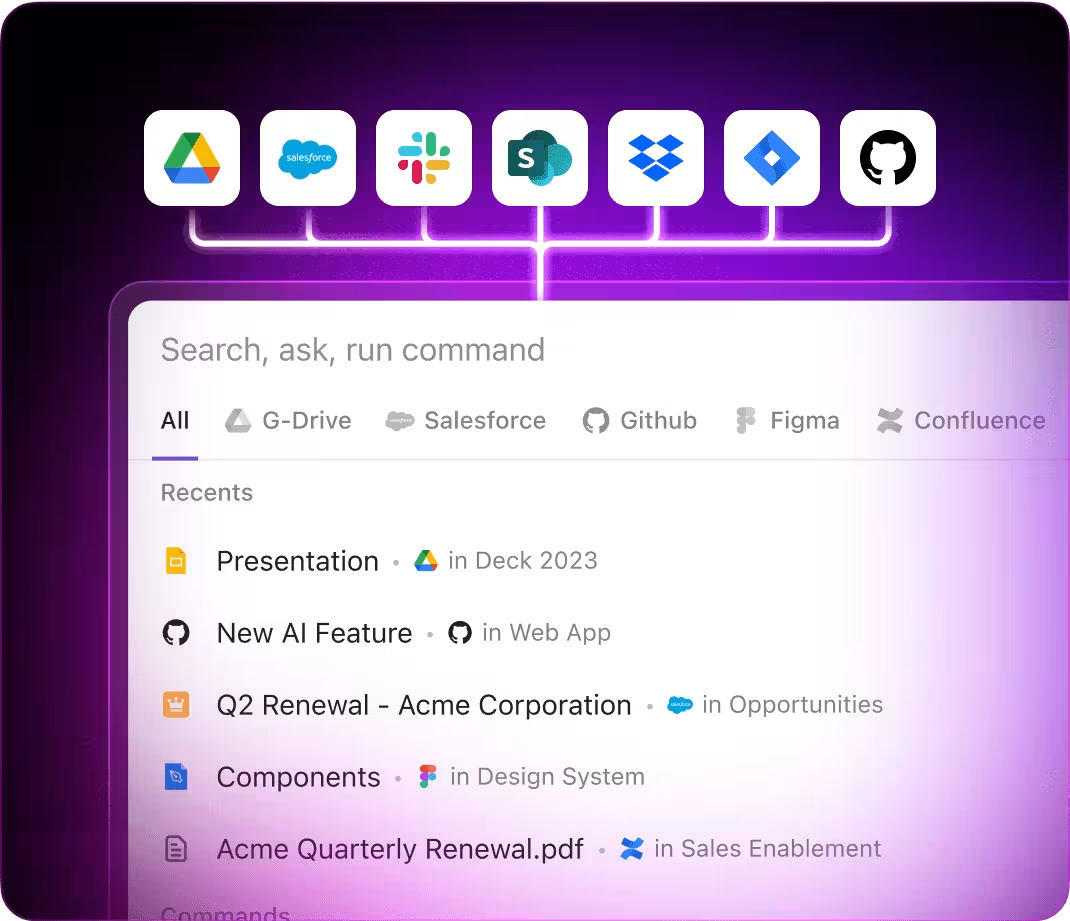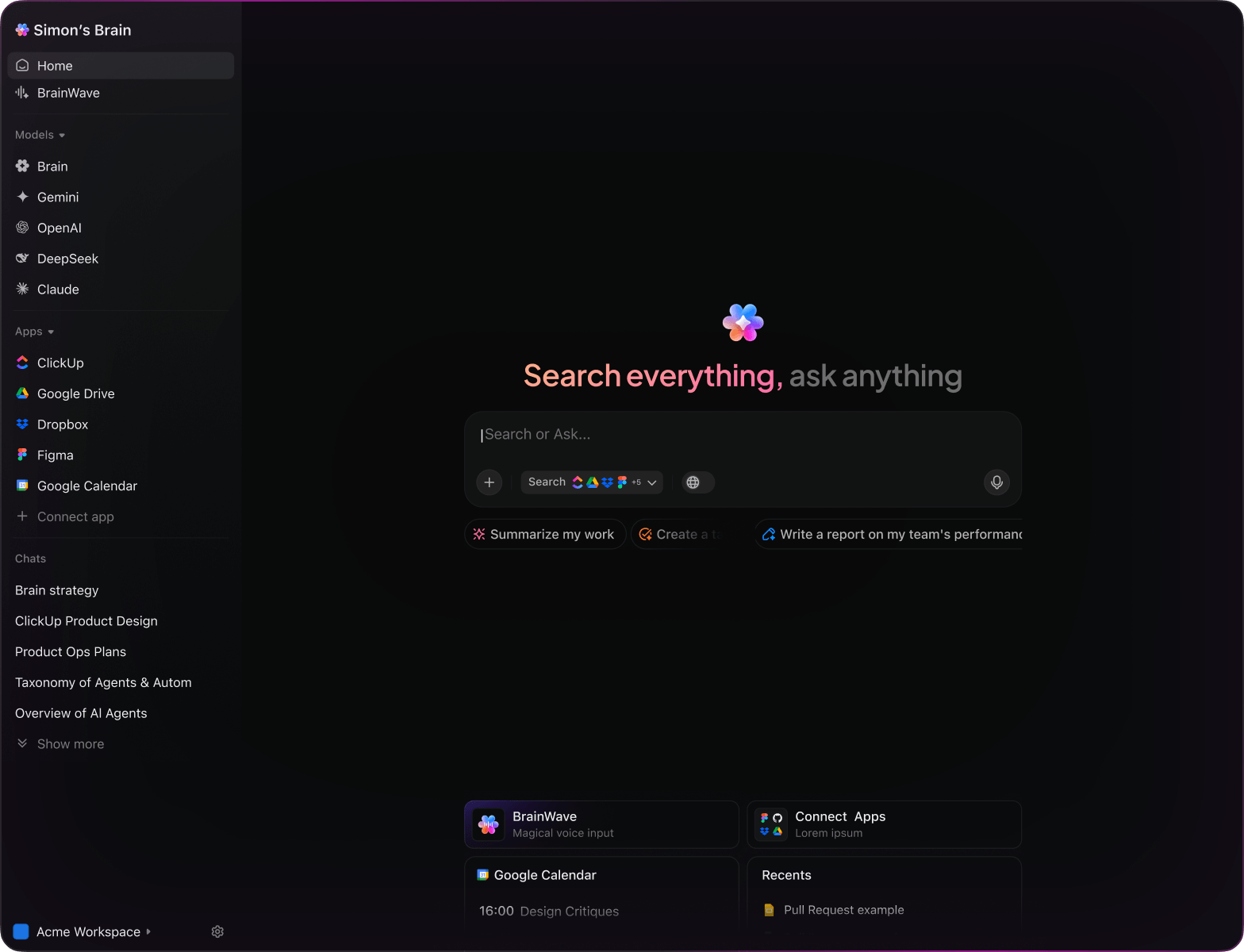Top AI Prompts for Novel & Book Creation
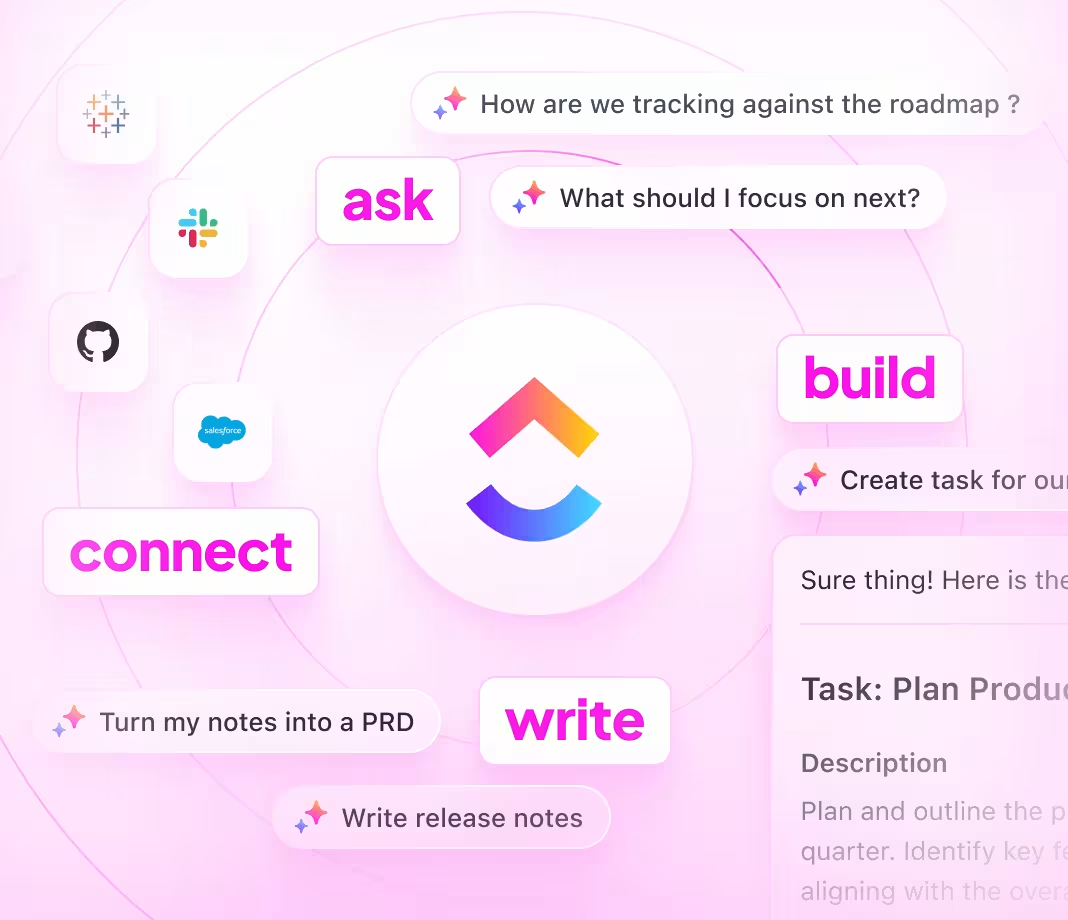
How AI Prompts Are Revolutionizing Book and Novel Creation
Crafting compelling stories isn't just about the words on the page—it's about the entire creative process behind the scenes.
From brainstorming plot ideas to character development, world-building, and editing, writing novels involves juggling countless elements—and managing numerous drafts, notes, and deadlines. This is where AI prompts become invaluable.
Writers and teams now leverage AI to:
- Quickly uncover fresh narrative ideas and genre inspirations
- Generate character profiles, scene outlines, and dialogue snippets with ease
- Summarize research materials and story arcs efficiently
- Transform scattered notes into organized chapters, to-do lists, or revision plans
Integrated into everyday tools like documents, whiteboards, and project trackers, AI does more than assist. Within platforms such as ClickUp Brain, it operates seamlessly to convert creative sparks into structured, actionable writing tasks.
Discover Why ClickUp Brain Stands Apart
Conventional AI Solutions
- Constantly toggling between apps to collect information
- Repeating your novel’s themes with every prompt
- Receiving generic, uninspired feedback
- Hunting through multiple platforms for a single chapter
- Interacting with AI that lacks initiative
- Manually switching between different AI engines
- Merely a browser add-on without deep integration
ClickUp Brain
- Instantly accesses your manuscripts, notes, and team comments
- Keeps track of your story arcs and writing objectives
- Provides tailored, insightful suggestions
- Searches all your writing assets in one place
- Supports voice commands for hands-free creativity
- Automatically selects the ideal AI model for your needs
- Dedicated desktop app for Mac & Windows, optimized for writers
15 Powerful AI Prompts for Books and Novels
List 5 compelling plot twists for a detective story inspired by the ‘Victorian London Chronicles’ doc.
ClickUp Brain Behavior: Analyzes narrative elements and themes from the linked document to propose fresh plot developments.
What personality traits dominate leading characters in top fantasy novels under $20?
ClickUp Brain Behavior: Gathers insights from internal trend reports; Brain Max can supplement with public bestseller data when available.
Create a detailed backstory for a protagonist inspired by notes and sketches in ‘Character Profiles #12’ and previous drafts.
ClickUp Brain Behavior: Extracts key details and synthesizes a cohesive narrative for character development.
Summarize pacing strategies used in ‘Midnight Chase’ versus ‘Silent Shadows’ based on our ‘Pacing Analysis Q3’ doc.
ClickUp Brain Behavior: Reviews textual and tabular data from internal analyses to highlight differences and similarities.
Identify recurring themes in recent dystopian literature, referencing R&D notes and market analysis docs.
ClickUp Brain Behavior: Scans internal documents to extract prevalent motifs and their narrative impact.
From the ‘Dialogue Review’ doc, produce a checklist for ensuring character voice consistency across chapters.
ClickUp Brain Behavior: Converts editorial notes into a structured task list for manuscript refinement.
Highlight three key thematic trends in YA fiction based on recent user research and genre reports.
ClickUp Brain Behavior: Extracts patterns and insights from linked studies and feedback.
From the ‘Romance Reader Survey Q1’ doc, summarize favored types of endings and plot resolutions.
ClickUp Brain Behavior: Analyzes survey responses to identify common reader desires and expectations.
Craft brief, captivating chapter summaries reflecting the style outlined in ‘NarrativeStyle.pdf’.
ClickUp Brain Behavior: Pulls tone and style cues to generate varied summary options for each chapter.
Outline key changes in copyright law for eBooks and their implications on publishing workflows.
ClickUp Brain Behavior: Synthesizes legal documents and updates to inform compliance strategies.
Create a checklist for eBook formatting based on current publishing standards and internal style guides.
ClickUp Brain Behavior: Extracts rules and best practices to ensure consistent and professional layouts.
Compile submission criteria from major publishers and our internal notes into an actionable checklist.
ClickUp Brain Behavior: Identifies key requirements and organizes them by submission stage and document type.
Summarize how recent eco-fiction titles incorporate environmental themes, drawing from competitive analysis docs.
ClickUp Brain Behavior: Presents a clear comparison highlighting thematic approaches and narrative focus.
Analyze trends in unconventional storytelling methods based on internal research and literary reviews.
ClickUp Brain Behavior: Synthesizes findings to spotlight innovative narrative techniques.
Extract and prioritize reader feedback on plot, character, and world-building issues from regional survey data.
ClickUp Brain Behavior: Aggregates user comments and survey responses to highlight key areas for improvement.
AI Prompts Tailored for Books and Novels with ClickUp Brain
ChatGPT Writing Prompts
Gemini Creative Prompts
Perplexity Research Prompts
ClickUp Brain Workflow Prompts
Transform Your Story Ideas into Complete Drafts
- Quickly shape scattered notes into polished story outlines.
- Draw inspiration from your previous chapters and character arcs.
- Build custom templates to accelerate your writing process.
Brain Max Boost: Effortlessly explore past drafts, notes, and research to fuel your next narrative.
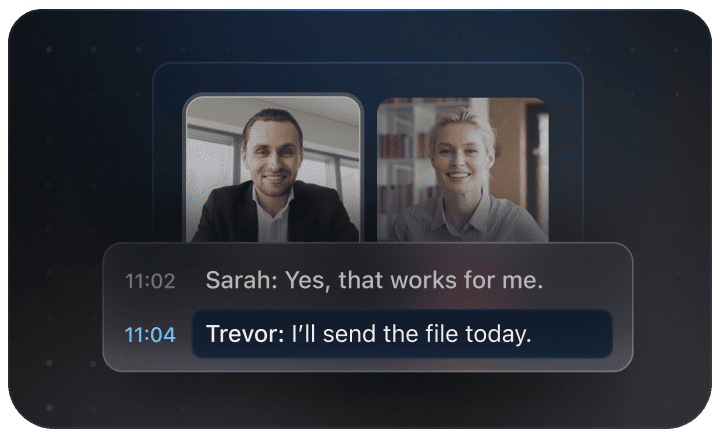
Accelerate Your Writing Process from Idea to Draft
- Break down your story concepts into manageable writing tasks.
- Transform brainstorming notes into structured chapter outlines.
- Automatically create progress summaries and deadline reminders without lifting a finger.
Brain Max Boost: Instantly access previous drafts, character profiles, or plot decisions across your projects.
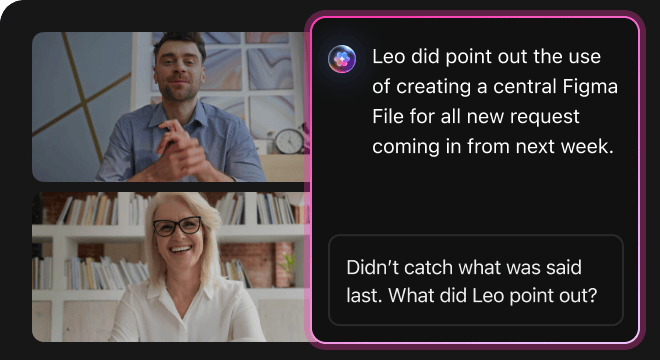
How AI Prompts Elevate Every Phase of Book and Novel Creation
Craft Unique Story Ideas Quickly
Writers explore fresh plotlines rapidly, refine narratives effectively, and overcome creative blocks.
